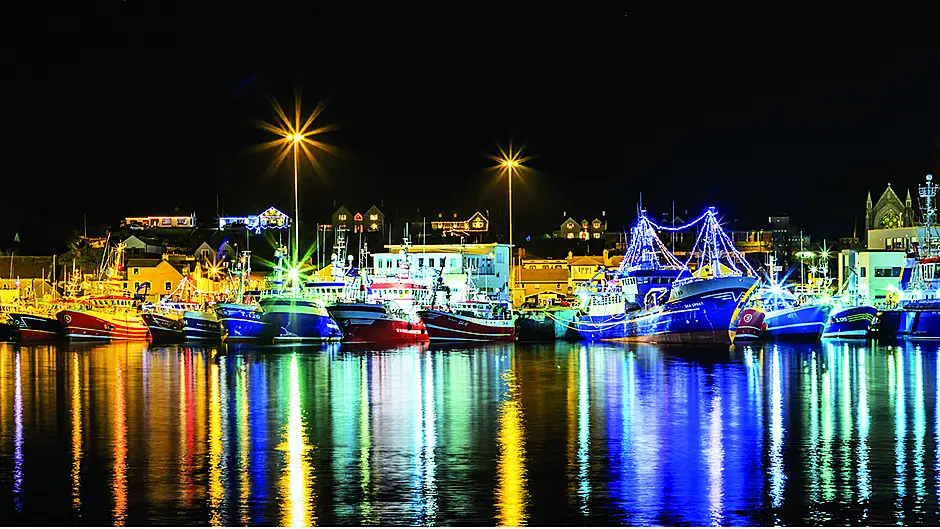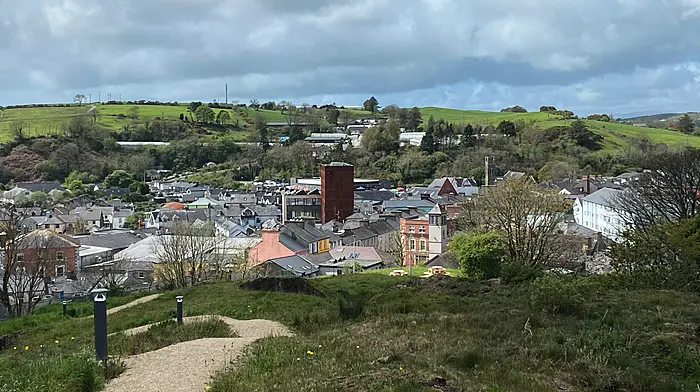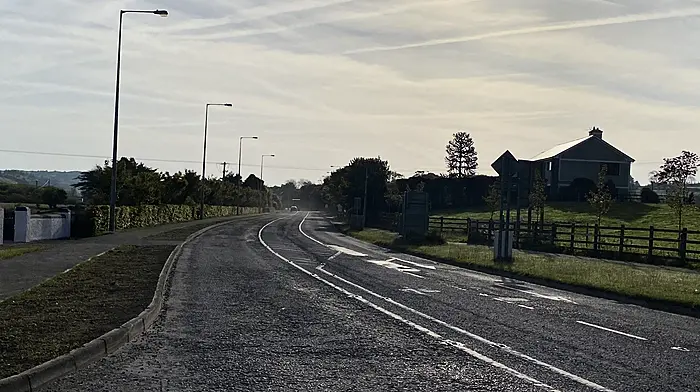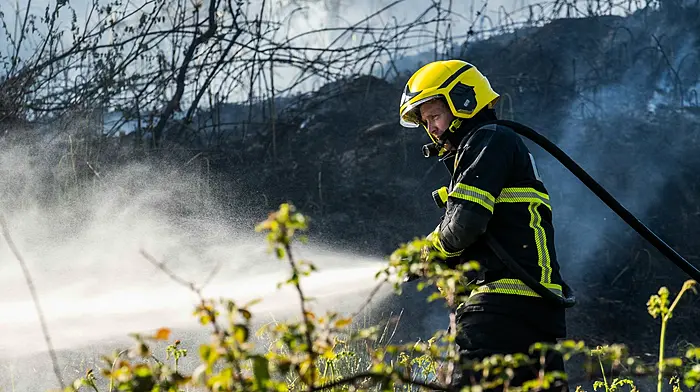WEST Cork’s fishing communities face decimation after the post-Brexit trade deal between the EU and the UK.
That’s according to Patrick Murphy, chair of the Irish South and West Fish Producers’ Organisation (IS&WFPO) who also warned that it’s not only the fishing sector that’s going to be wiped out by the deal struck in recent days, but that the knock-on effects will be felt right across the region.
‘If you lose boats, which we will, you’ll lose jobs, you’ll see schools close, you’ll see communities wiped out,’ he said.
The hard-struck deal means that EU fishing boats will have to reduce the quantity of fish caught in British waters by 25%. Mackerel and prawn fishermen here are worst hit.
‘We are paying the biggest price for the UK leaving the EU and they are being rewarded. It’s as simple as that,’ Mr Murphy said.
‘This deal has taken away our ability to make a living. But not because there’s no fish – but because they want someone else to catch it. We’re being treated as second class citizens. How dare they!’
Castletownbere fisherman Sean O’Sullivan said they had been ‘sold out’ by the government.
‘The mood here is very low. We’re barely scraping by as it is,’ he said. He’s been fishing for the past 26 years and said: ‘If you take fishing out of the Beara community, you take away its heart, and you’ve nothing.’
Taoiseach Micheál Martin has admitted the deal will have a ‘significant negative impact’ on the fishing industry.
He called a virtual meeting earlier this week, with Minister for Foreign Affairs Simon Coveney, Minister for Agriculture, Food and the Marine Charlie McConalogue and fishing industry representatives. At the meeting, Mr Murphy said he told him that the EU’s concept of ‘zonal attachment’ which was adopted in the Brexit deal, must now be adopted by all. This system allows a greater share of fish for coastal countries in whose waters they are most often found.
‘The deal struck was not equitable. We want the same new principles applied to the UK, applied to us all. We have to see now if he’ll take our ideas to Brussels.’
The government have also announced a new €100m scheme for the food processing sector, in recognition of the sector’s unique exposure to the impact of Brexit.
The new Capital Investment Scheme for the Processing and Marketing of Agricultural Products will be managed by Enterprise Ireland and will open for applications in January.
But Mr Murphy said they still felt left down by the government.
Regarding the decommissioning scheme mentioned by the Taoiseach Micheál Martin, Mr Murphy said the first he heard of it was on the news.
‘A lot of fisherman simply won’t have a choice but to take it as they’ll be forced leave the industry,’ he said. Sean O’Sullivan agreed it was something he’d at least have to consider.
Local FF TD, Christopher O’Sullivan agreed the sector ‘has been unfairly burdened by this Brexit deal.’
‘We should be seeking to claw back some quota share from other EU states. Coastal communities depend on fishing to sustain their local economy, we can’t abandon them now,’ he said.
Deputy Holly Cairns (SD) said: ‘I have seen how fishermen and women have been treated disgracefully by the Department, from the unsuccessful tie-up scheme to the sudden announcement of an unjust penalty points system.
‘The disaster of a no-deal Brexit has been avoided, but it will still be an incredibly hard year for the sector. We need immediate state interventions and restoration of the ban on inshore pair trawling to offer hope to fishing families in West Cork.’
Independent TD Michael Collins said the sector had been ‘sold out by the government’:
‘The catastrophic effects of this might not be felt immediately, but they will in the not-too-distant future. It’s up to the government to renegotiate new and different quotas.’







